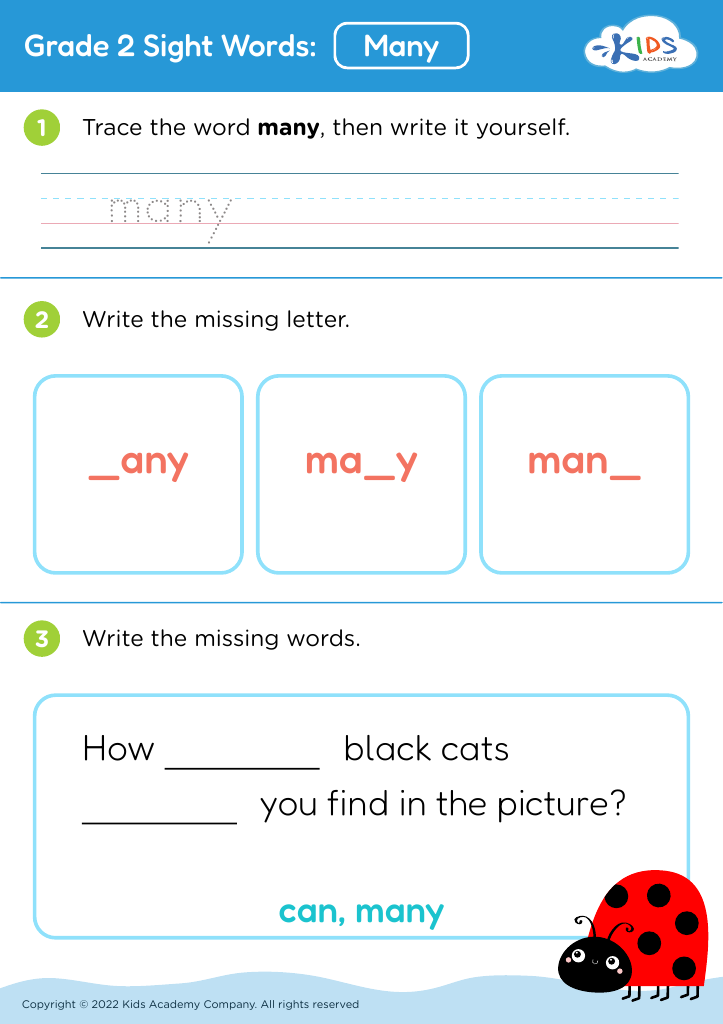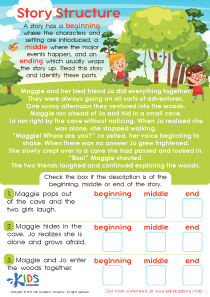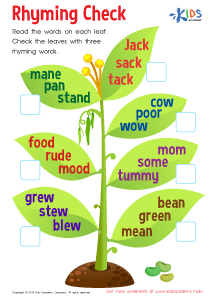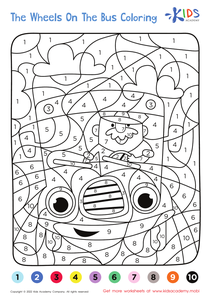Fraction simplification Grade 2 Building Vocabulary Worksheets
4 filtered results
-
From - To
Unlock your 2nd grader's math potential with our Fraction Simplification Grade 2 Building Vocabulary Worksheets! Designed to make fractions fun and engaging, these worksheets help young learners grasp the concept of simplifying fractions while building essential math vocabulary. With vibrant visuals and interactive activities, students will discover the joy of learning math terminology and fraction basics. Perfect for classroom use or at-home practice, our worksheets offer a comprehensive, easy-to-follow approach that fosters confidence and proficiency in early math skills. Make learning fractions a breeze and set the stage for future success in math.
Fraction simplification and related vocabulary plays a crucial role in a child’s early math education. Learning to simplify fractions helps second graders grasp fundamental math concepts that are essential for their education. By simplifying fractions, children understand the idea that fractions like 2/4 and 1/2 are equivalent, which builds a solid foundation for more complex math later on.
Additionally, learning the specific vocabulary associated with fractions, such as "numerator", "denominator", and "equivalent", boosts cognitive understanding and communication skills. Without this vocabulary, children might struggle to express their understanding and risk falling behind their peers. Mastering these terms equips children to follow instructions accurately and engage in math-related discussions.
Furthermore, acquiring fraction skills in second grade can bolster a child’s confidence owing to tangible success and understanding in their studies. Early positive experiences with math set the stage for a student’s attitude toward the subject in later years.
Parents and teachers who emphasize fraction simplification and vocabulary are preparing their children or students for a smoother, more successful journey through subsequent mathematical concepts. These foundational skills are vital for problem-solving and logical thinking, applicable far beyond the classroom. Thus, investing time in these areas is an essential part of child education.






















